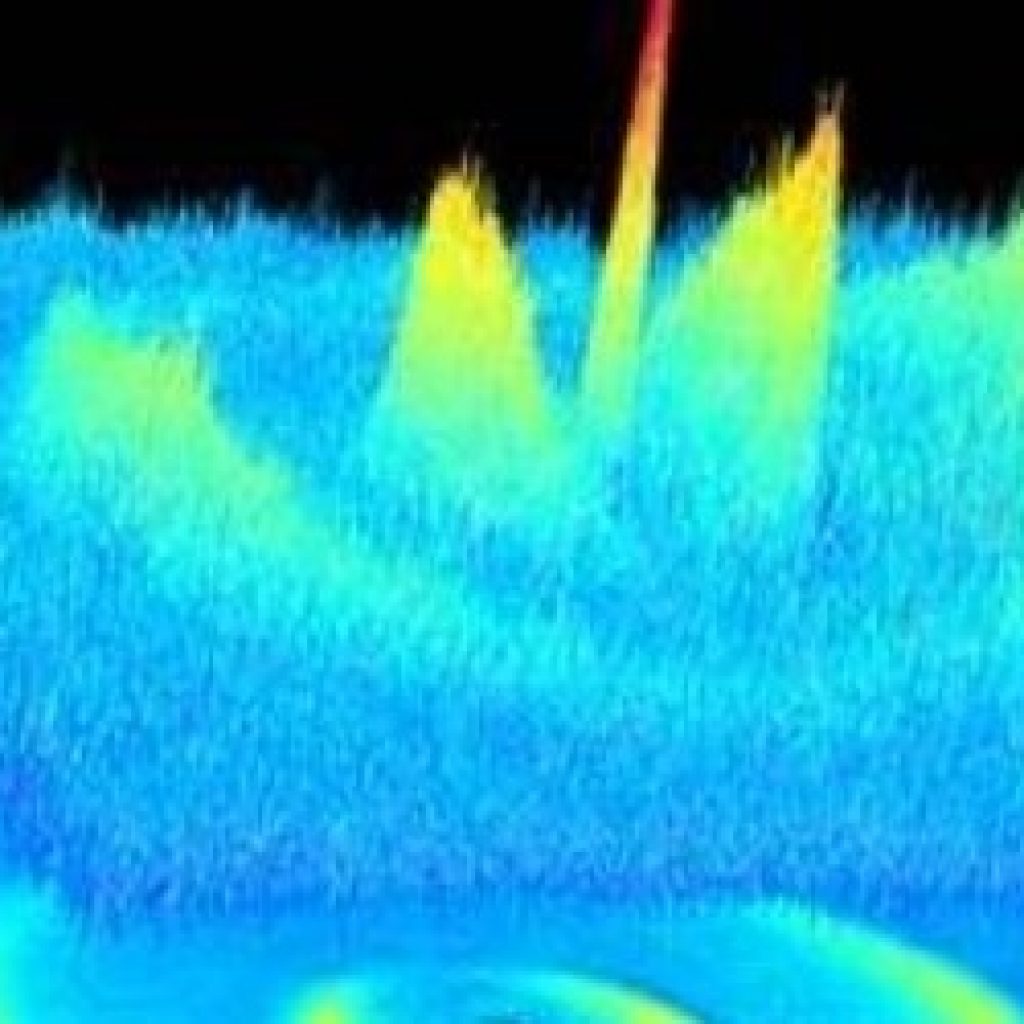(Phys.org) Columbia and Harvard researchers who are leaders in the field of ultracold molecule are teaming up to propel understanding of the quantum mechanics of chemical reactions. The partnership will result in the development of new, more precise techniques that will expand the field of ultracold chemistry to a currently unattainable array of molecular species and reactions, enabling new generations of experiments in fundamental physics.
Recent years have brought the advancement of quantum technologies, including laser cooling capabilities, which have allowed for the study of atoms at microkelvin, or near-zero, temperatures. In this state, scientists are able to manipulate and study the influence of quantum statistics, confining geometry, and magnetic fields—nonclassical features that are inaccessible in room-temperature setups—on an atom’s behavior.
Columbia & Harvard Combine Quantum Expertise to Advance Ultracold Molecule Research
